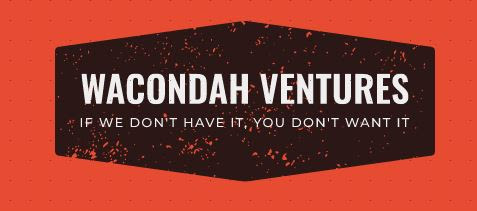Une émission factice et de fiction sur l'annonce de mercredi soir (2006-12613) de l'indépendance de la Flandre et l'éclatement de la Belgique: roi en fuite, ministres dans les bunkers, contrôle de passeport à la sortie de Bruxelles, l'OTAN en crise... tout y était.... Pendant une demie-heure à 21h ce mercredi, la moîtié du pays fut en paralyse... d'autant plus que la RTBF n'avait rien annoncé, et intterompu sa programmation régulière... et n'a posté un message (ceci est une fiction) qu'àprès intervention de la ministre de tutelle
Coup de maître, coup de théâtre,.... les avis sont partagés.... En tout cas, le débat sur l'avenir du pays est relancé...
En Flandre, les réactions sont unanumiment négatives vis-à-vis cette "propagande des francophones bruxellois" ....Il y a eu d'innombrables coups de téléphone à une céllule de crise d'affaires intérieures....
ci-joint quelques réactions internationales
Il faut toutefois noter que:
- la RTBF est une chaîne publique: il risque donc d'y avoir des répercussions graves
- la Belgique existe toujours (ça reste quand même le pays des surréalistes)
Quote from the Flemish Minister-President Yves Leterme:
Selon le ministre-président flamand, Yves Leterme (CD²V), l'émission-fiction dans laquelle la RTBF a mis en scène, mercredi, l'indépendance de la Flandre, constitue "une caricature d'un certain nombre d'exigences flamandes".
The China Post:
State television in Belgium's French-speaking region outraged political leaders when it interrupted programming with a half-hour hoax newscast reporting that the Dutch-speaking part of the country had declared itself independent.
The broadcaster RTBF said the Wednesday program showed the importance of debate on the future of Belgium. There have been 20 years of relative linguistic calm in Belgium since far-reaching autonomy was granted in the 1980s to the Flemish Dutch-speakers and the francophones from Wallonia and Brussels.
"A bad joke that shows bad taste," said Didier Seeuws, spokesman for Prime Minister Guy Verhofstadt, after the prime-time broadcast.
He said it was "task of public broadcasters to inform the public correctly, not to create confusion."
The RTBF's phony newscast reported that the "Flemish parliament has unilaterally declared the independence of Flanders" and that King Albert and Queen Paola had fled the country on an air force plane.
It showed fuzzy pictures of people walking to a plane in the dark of night on a military airfield near Brussels and a small crowd of pro-monarchy demonstrators outside the royal palace waving the Belgian flag.
BBC Coverage de l'évènement:
Viewers fooled by 'Belgium split'
RTBF reporters kept up the spoof for nearly two hours
Belgians reacted with widespread alarm to news that their country had been split in two - before finding out they had been spoofed.
The Belgian public television station RTBF ran a bogus report saying the Dutch-speaking half of the nation had declared independence.
Later it said Wednesday night's programme was meant to stir up debate.
It appears to have succeeded. Thousands of people made panicked calls to the station and politicians complained.

